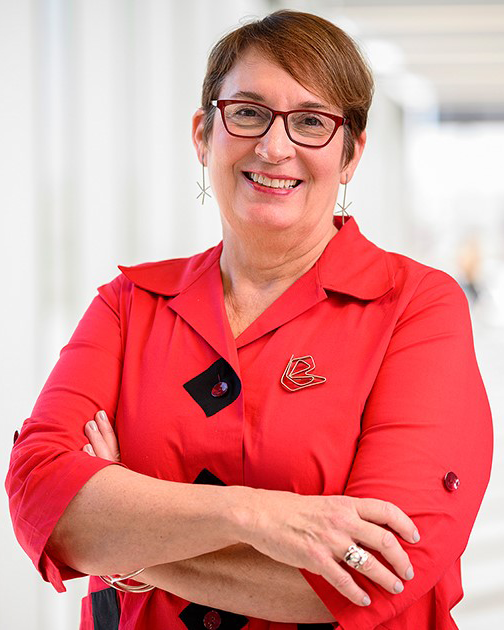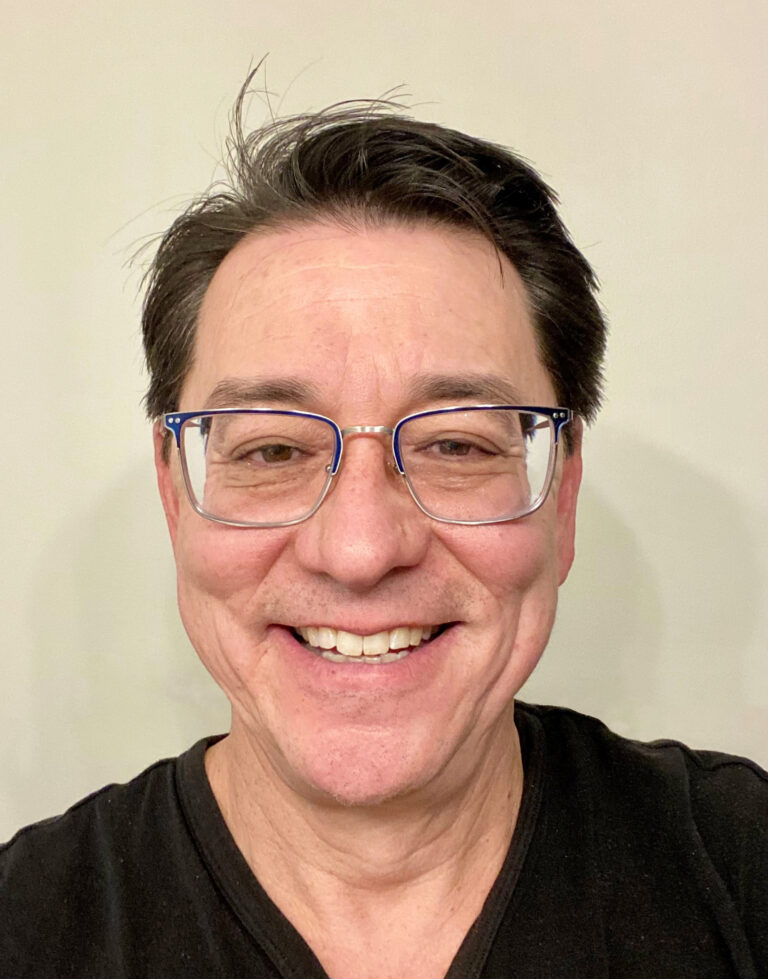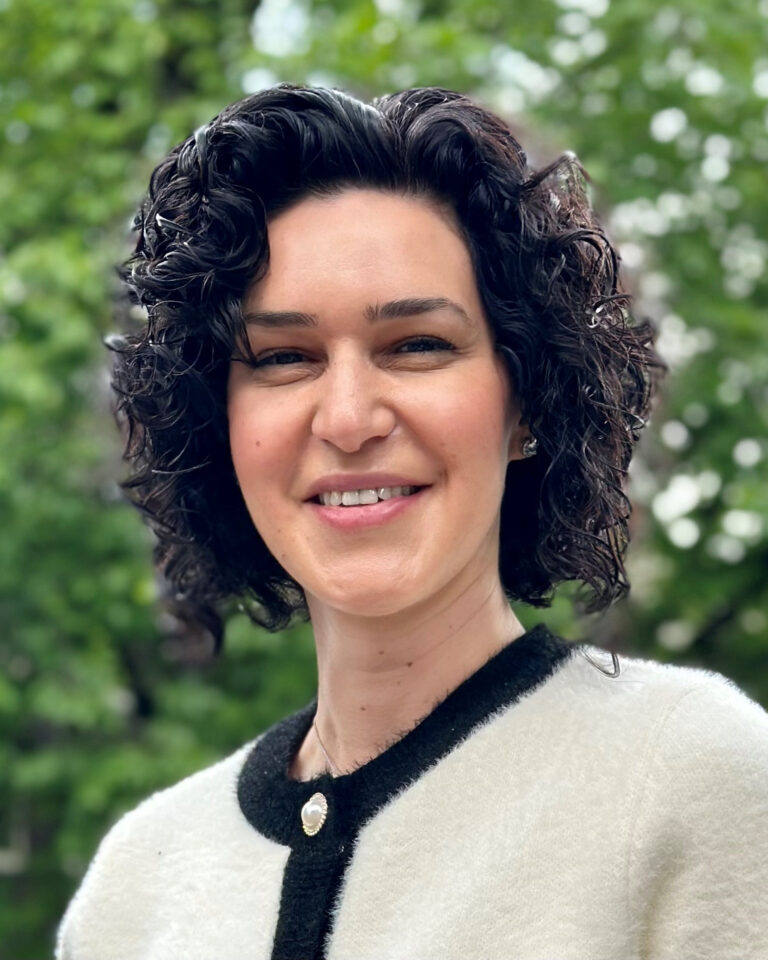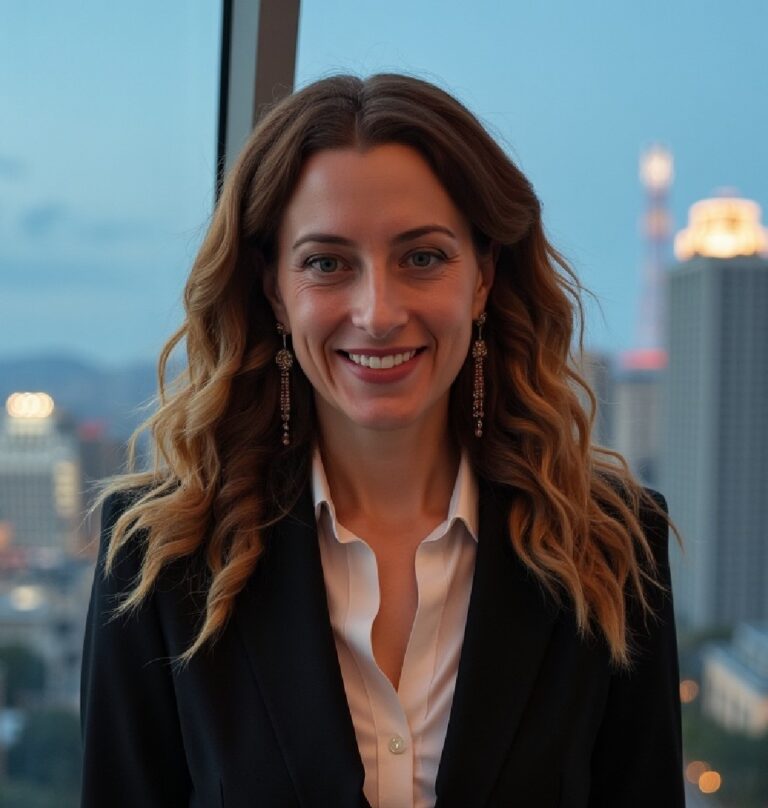Navigating the American Healthcare System Can Be Challenging
By Toby Gordon, ScD
It may not come as a surprise to learn that when an ABR Board of Governors (BOG) member who happens to be a professor of healthcare management has an experience as a patient, a critique of the U.S. healthcare system is inevitable. While ABR stakeholders no doubt have great “walking-around knowledge” of the arcane and complex world of payors and providers, an insider’s perspective may still be illuminating or, coming from a humor article writer, at least entertaining.
The ABR plays an important part in my patient narrative. While in an ABR BOG online meeting, I suddenly felt a very sharp pain in my left side. I writhed in my desk chair but couldn’t get comfortable. I left the meeting camera on, but no one seemed to notice my incipient medical emergency. I was pretty sure my pain had nothing to do with the ABR, as my symptoms continued for the next 48 hours, long after the meeting ended, while I did my best to ignore a rapidly devolving situation.

Ultimately, a STAT CT revealed a kidney stone in my ureter. Wow, I thought, radiology imaging is amazing! And those bonus incidental findings are always fun to learn about on Google. A subsequent blood test led to a diagnosis of primary hyperparathyroidism, which I probably had for 10 years based on my history and a 2.5-cm benign adenoma of the parathyroid.
What motivated me to write about my experience was that after a painful and protracted experience with a kidney stone, an MRI followed by a simple blood test revealed primary hyperparathyroidism, a surgically curable disease that can be easily diagnosed. I had a successful parathyroidectomy and was able to attend an ABR BOG meeting remotely the day after surgery.
I learned a few important lessons when I experienced the best and the not-so-great parts of American medicine.
1) I had always thought that a benefit of costly American medicine was that it was high-tech. To my amusement, I had to deploy common kitchen items – a strainer, a picnic cooler, and ice – for urine screening and collection storage. I never expected to be using things one could buy at a dollar store as medical supplies.
I was also baffled by the failure of ostensibly “high-tech” electronic medical records in doing their basic job of conveying necessary information to those who need it when they need it, as in during an office visit to a urologist regarding a kidney stone. Surely, he would have liked to have had the radiology report and lab test results. In my parathyroid disease adventure, I racked up activity in five electronic medical record accounts, one in each practice setting in which I was seen (internal medicine, laboratory medicine, radiology, urology, and surgery). I was absolutely astonished to find out how clinical information is shared across EMR systems – via fax (!) and then queued up to be added to the patient’s EMR, which can take days. I didn’t know anyone still used a fax machine. I don’t think anyone under 40 would even know what one looks like. To expedite my care, I converted my electronic medical records to paper records by printing them and carried them to appointments in a binder the size of Manhattan.
2) Difficulties in accessing care are real even if you have insurance. In the post-COVID era, clinical practices face many staffing issues due to vacancies and turnover, resulting in communication and scheduling challenges that delay access to care. I tried to schedule a urology follow-up visit, but I could not make an appointment through the EMR portal or reach anyone by phone. After being on hold for endlessly long periods, I gave up.
3) Meaningful quality data are hard to find and use. As a health services researcher who has studied the relationship between surgical volume and outcome, I knew to ask about the surgeon’s experience with parathyroid surgery. Finding an available surgeon with parathyroid surgery experience using publicly available data was very difficult. Volume data by procedure are not available. (Full disclosure, I have a joint appointment as a professor of surgery.) For marketing purposes, hospitals try to attract patients by touting centers of excellence, citing hospital rankings of questionable value, and offering “find a doctor” features on their websites without providing volume data or other quality measures. Physicians and professional medical organizations can do a better job of creating and sharing meaningful quality measures.
4) There is no more complicated healthcare delivery system in the world than that in the United States. It is hard to navigate even for experts who know how it works. Some people have the experience and resources to seek out the best care, but we all must advocate for those who don’t.
5) Radiologists and their team members were important parts of my care team. It is easy to take this work for granted, but I think of their contribution as being like that of a flywheel – increasing momentum and providing stability. The radiology staff I encountered were kind and compassionate and the value is immeasurable.
Last, the stress on healthcare providers today cannot be overestimated, and I am grateful to those who work to help restore us to health.
Toby Gordon, ScD, is a professor of practice at the Johns Hopkins Carey Business School with expertise in the U.S. and international healthcare systems and innovations in healthcare delivery, and the ABR Board of Governors’ public member.






